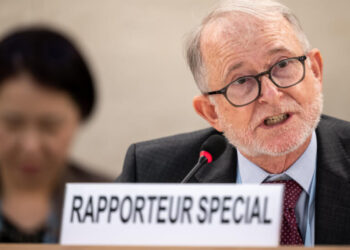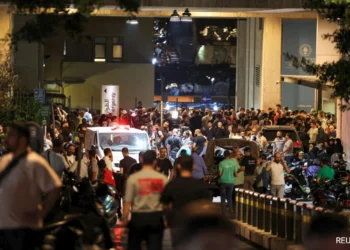Human Lives Human Rights: While there is only one year to go until the 2022 FIFA World Cup, time is running out for Qatar to deliver on its promise to abolish the kafala sponsorship system and protect migrant workers.
In Reality Check 2021, a new analysis of Qatar’s progress towards overhauling its labor system, it was found that progress has stagnated over the last year and old abusive practices have resurfaced, reviving the worst elements of kafala and undermining some of the recent reforms.
The daily reality for many migrant workers in the country remains harsh, despite legal changes introduced since 2017.
Qatari authorities need to take urgent action to ramp up the reform process before it is too late to fully embrace their plan for labor reforms.
Authorities smugness is leaving thousands of workers at continued risk of exploitation by unscrupulous employers, with many unable to change jobs and facing wage theft.
Qatar had passed two laws by August 2020 to end restrictions on migrant workers leaving the country and changing jobs without their employer’s permission.
If implemented, these laws had the potential to strike at the heart of the kafala system, which continues to bind migrant workers to their employers.
What is Kafala System and why is it criticized?
The kafala system is a system used to monitor migrant laborers, working primarily in the construction and domestic sectors in Gulf Cooperation Council member states and a few neighboring countries, namely Bahrain, Kuwait, Lebanon, Qatar, Oman, Saudi Arabia and United Arab Emirates.
The system requires all unskilled laborers to have an in-country sponsor, usually their employer, who is responsible for their visa and legal status. This practice has been criticized by human rights organizations for creating easy opportunities for the exploitation of workers, as many employers take away passports and abuse their workers with little chance of legal repercussions.
The system blocks domestic competition for overseas workers in the Gulf countries.


















